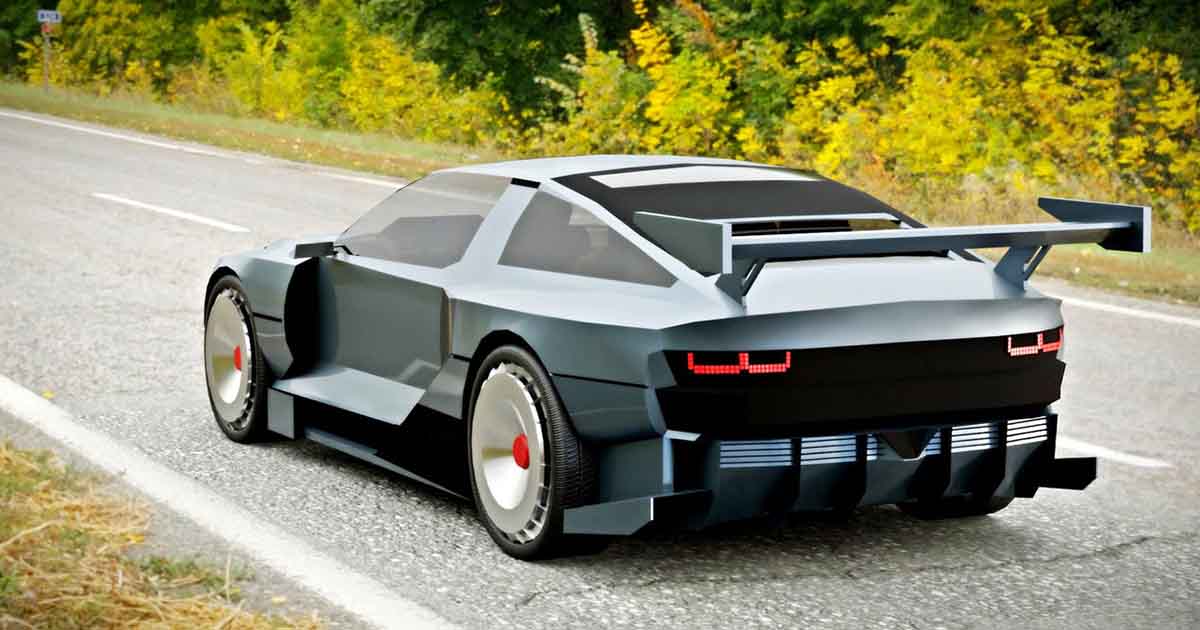Is Hyundai a Best Car for 2025: As 2025 approaches, car shoppers focus on vehicles that offer reliability, performance and innovation in spades.
To some, this is simply an extensive menu to suit all tastes, but for others, such as Hyundai, it describes a marque with a history of diverse, well-specked zeroes. Professionalism in design, safety features, fuel efficiency, and technology have made Hyundai known in the market. The brand’s commitment to sustainability, evidenced by a widening range of hybrid and electric vehicles, only enhances its appeal.
Additionally, Hyundai provides industry-leading manufacturer warranties and customer satisfaction ratings ratings that can further give prospective buyers peace of mind. But is Hyundai the best automotive brand of 2025?
So, here we are going to examine Hyundai’s history, future models and features, compare it with others, and find out whether it is sparkling with the diamonds of the finest choice in our modern automobiles. In this series, we will assess its strengths and contrast them with other players in the market to provide car buyers with a broad perspective by 2025.
Overview of Hyundai’s Reputation in the Auto Industry
One in the mix is Hyundai. The so-called “Scotty” good times in the brand that used to get your blood pumping for all the right reasons, the days of badged-up and weedy economy vehicles, have entered the fray for effect.
These days, Hyundai is synonymous with reliability, cutting-edge technology, and exceptional value. With a strong emphasis on innovation, the company has expanded its footprint in several automotive market segments, including fuel-efficient sedans, high-performance models and electric vehicles.
Its cars have achieved high marks in safety ratings, fuel economy tests and customer satisfaction surveys. Hyundai has been praised by reputable organizations like J. D. Power and the Insurance Institute for Highway Safety (IIHS) for its commitment to quality.
It has a competitive position against decades-long industry mainstay businesses that once were considered unassailable, like Toyota, Honda, and Ford, thanks to a strategic approach to design and engineering. Hyundai has long been on an impressive meteoric rise as an alternative supplier to modern car owners, with ever-increasing recognition in reliability and cutting-edge engineering.
Hyundai’s Evolution Over the Years
Hyundai has come a long way since its founding in the late 1960s. South Korea’s Hyundai started producing economy cars but quickly diversified its offerings to luxury, performance and electric vehicles. Hyundai’s focus on extensive research and development has enabled the company to keep pace with industry trends and technological developments and exceed them.
Hyundai officially entered the luxury car segment by establishing the Genesis brand to compete with high-end automakers, including BMW and Mercedes-Benz. Meanwhile, Hyundai’s performance division has churned out a series of hot-blooded sports models that can take on established performance names. Hyundai has brought us the Ionis and Kona Electric as the future of electrification and has also been a leader in sustainable mobility.
Last but not least, the company reformed its designs, partnered with top-tier technology companies and innovated around the engineering process to stay ahead of the sector’s competitors and redefine vehicles manufactured under one of the global automotive giants, Hyundai. Now, its cars are known for efficiency, progressive design, and top-end features that rival luxury brands.
Hyundai’s 2025 Lineup: What’s New and Exciting
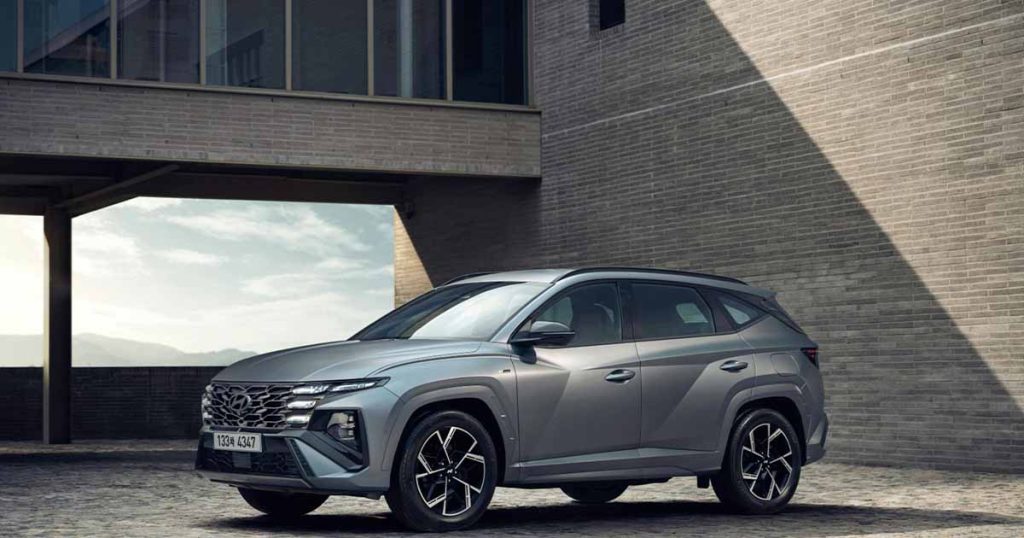
Hyundai’s 2025 line up features both reworked classics and entirely new models. The all-electric Ionis 7 (upcoming) is highly anticipated and is pegged for long-range driving with state-of-the-art autonomous technology.
Meanwhile, the designed Sonata and Elantra offer sportier styling, better fuel economy, and more advanced infotainment systems to improve the driving experience.
Hyundai’s dedication to hybrid technology can be verified with the improved Tucson and Santa Fe hybrid models, which provide better mileage, improved regenerative braking, and smooth transitions between electric and gas-powered modes.
Hyundai’s next-generation Palisade also debuts with a more premium interior, upgraded driver assistance systems, and a more powerful powertrain.
The Brand’s commitment to sustainability carries over to its hydrogen fuel cell-powered cell-powered Nexor, which has seen improvements, making it a sustainable option for consumers. Hyundai’s 2025 line up delivers for many drivers, from everyone wanting better fuel economy to enthusiasts demanding performance-oriented models.
How Hyundai Stacks Up Against the Competition
Hyundai is near the top in low cost and innovation compared to Toyota, Honda and Ford. While Toyota still leads the hybrid space, and Honda can be synonymous with reliability, Hyundai is all-encompassing, with segment-leading warranties and cutting-edge design elements.
Hyundai’s electric vehicle advancements put it up against Tesla and Riviana. The Ionis collection oozes modern EV technology, especially with the Ionis 5 and future Ionis 7. Moreover, Hyundai’s aggressive expansion in the hybrid and plug-in hybrid markets challenges Toyota’s supremacy in the segment.
Hyundai’s design has kept it some time ahead of the game, as it has played out this bold, futuristic plan as opposed to the generally conservative design cadence followed by nearly all others. This would be in the form of hyped advanced driver-assistance systems (ADAS) and infotainment technology within their vehicles, and they’re not wrong!
Hyundai’s better-than-average reputation for value is backed up by best-in-class warranty coverage. Although Hyundai might not have the same longevity reputation as brands like Honda and Toyota, the extended warranty offers customers long-term peace of mind, making it a popular choice among buyers trying to save money.
Reliability and Durability: Is Hyundai Built to Last?
Durability is one of Hyundai’s greatest strengths. Get Some Mileage: With regular maintenance, models like the Hyundai Tucson and Santa Fe often top 200,000 miles. The automaker’s vehicles are built to last, thanks to its use of high-strength steel and rigorous testing.
Hyundai’s state-of-the-art engineering, which includes rust-sensitive materials and precision building, helps its vehicles last. The brand managers know that the key to their long-term reliability is continuous improvement, and nothing says this better than its engines and transmissions.
Consumer surveys and industry reliability reports are frequently posted, with Hyundai advising Honda and Toyota on building dependability. Hyundai even offers a 10-year/100,000-mile powertrain warranty a sign of the automaker’s faith in the long-term durability of the cars it sells. Hyundai’s rugged reputation makes it a contender, whether you’re looking for a daily driver or a family SUV.
Performance and Engine Options: Speed vs. Efficiency
Hyundai targets many drivers, from speed lovers to green car buyers. Elantra N and Kona N are performance-oriented N-line models, serving turbocharged engines that displace remarkable horsepower and athletic dynamics. Models designed for drivers who demand exciting acceleration and precise steering.
However, Hyundai’s hybrid and plug-in models deliver fuel-efficient performance without sacrificing responsive handling and smooth acceleration. The Tucson Hybrid and Sonata Hybrid offer a sweet blend of power and economy and allow drivers to benefit from a sophisticated drive without the need for constant stops at the gas pumps.
Whether you want it or not, Hyundai provides a variety of powertrains to suit all driving situations, such as declining high-performance numbers in favour of long-term fuel economy or vice versa. Hyundai is constantly improving its gasoline vehicles, and it is an ever-competitive player in the market while electrified options are proliferating.
Fuel Economy: Are Hyundai Cars Budget-Friendly on Gas?
With increased fuel prices, efficiency has become the most essential part of purchasing a car. Hyundai is one of the top names in decent MPG vehicles. The 2025 Hyundai Elantra Hybrid will reach over 50 MPG, offering incredible savings for the eco-friendly driver. If you require an SUV but nothing significant, the Hyundai Venue and Kona are strong entries with exceptional fuel economy for city dwellers.
Hyundai continues to innovate with hybrid and traditional gasoline engines, ensuring drivers have great mileage every time without compromising performance. Given fluctuating fuel prices, buying into Hyundai is an environmentally AND financially savvy move.
Read More: Car financing & insurance
Electric and Hybrid Options: Is Hyundai Leading the Green Revolution?
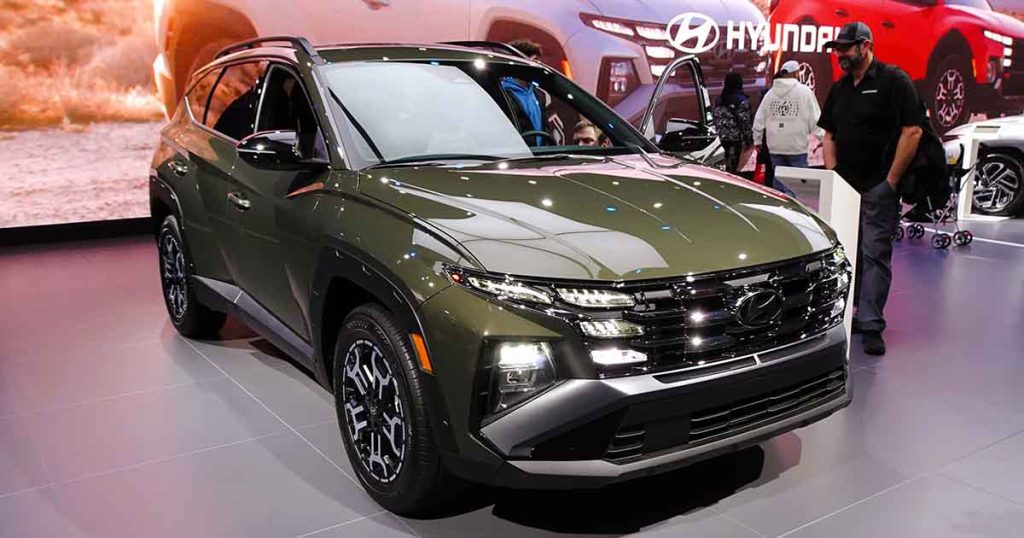
Hyundai is one of the pioneers of the electrification era and continues its efforts to promote sustainable mobility through its electric and hybrid vehicles. The Ionis 5, an otherworldly electric crossover, has already received plenty of praise for its great range, quirky looks and new fangled tech.
Following that success, Hyundai’s Ionis 7 is on the way and will push performance, futuristic autonomous driving and sexy design beyond the already high standards set for electric SUVs.
However, Hyundai is also making noise with its hydrogen-powered Nexor, in addition to its battery-electric models. The Nexor showcases the brand’s commitment to zero-emission driving in more than traditional electric powertrains.
The brand’s also-ran hybrids and plug-in hybrids like the Tucson and Santa Fe add to Hyundai’s green touch. With these developments, there is no doubt that Hyundai is leading the way for the environmentally friendly transport of the future.
Safety Ratings and Features: How Secure Are Hyundai Vehicles?
Known for safety, Hyundai has competitive safety ratings and advanced features. The brand received high marks across the board, including five-star crash test ratings from the National Highway Traffic Safety Administration (NHTSA), offering peace of mind for both drivers and passengers. Hyundai Smart Sense, a set of advanced driver-assistance systems (ADAS), is a safety package available on many 2025 Hyundai vehicles.
Many model’s standard features include lane-keeping assistance, adaptive cruise control, forward-collision warning, and automatic emergency braking. These technologies work in concert to improve safety by avoiding accidents and helping drivers stay in control of their vehicles during adverse conditions.
Hyundai’s commitment to safety and strong crash test performance in various scenarios proves that the automaker’s goal is to keep everyone safe with its fleet, regardless of the road conditions or DAST.
Technology and Infotainment: Is Hyundai Keeping Up with Innovation?
With innovative in-car infotainment systems and intuitive features, Hyundai leads the pack in automotive technology. For 2025, both models feature larger (up to 14.9-inch) high-resolution touchscreens for intuitive controls and connected technology.
Hyundai’s voice command system , which is integrated with AI, makes controlling navigation, climate, and media more effortless than ever, all without ever taking your hands off the wheel.
The vehicles can stay current with the latest features and improvements with over-the-air software updates.
Advanced driver-assistance technologies keep improving, providing drivers with more confidence and convenience. These can include premium amenities that give access to a digital key, augmented reality heads-up displays and Bose sound systems, further providing for the in-car experience. Hyundai sees no reason to slow down and keeps pace with modern times, offering drivers the latest technology.
Comfort and Interior Quality: Does Hyundai Feel Premium?
Hyundai has raised the quality of its interiors to the point where luxury feels attainable. Soft-touch materials, upscale leather upholstery, and optional panoramic sunroofs are featured on many more 2025 models and of a higher grade than before helping to spread an upscale vibe. Even the cabin is carefully crafted with a focus on design and practicality.
King-sized cabins and properly fitted seats keep you and your passengers comfy, whether running errands or going on a cross-country trip. Hyundai cabins are meticulously laid out, with spacious legroom that rivals higher-end luxury brands.
Hyundai has certainly been improving its product and perception in the marketplace, as we’ve seen with the transformation of the premium market it now occupies. The new Hyundai goes premium as standard: Hyundai and the premium line-up, this time, the line of separation gets blurred again.
Resale Value and Depreciation: Does Hyundai Hold Its Worth?
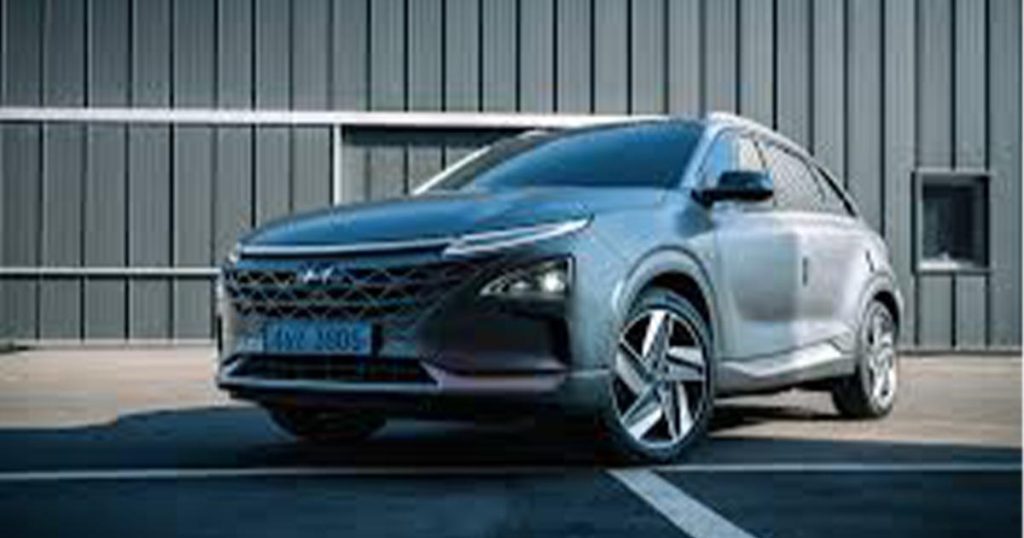
Historically, Hyundai vehicles depreciate faster than some competitors, such as Toyota and Honda, but now they are worth a lot more in resale value. That change results from Hyundai’s commitment to building higher-quality, longer-lasting vehicles, supported by industry-leading warranty coverage that affords peace of mind to both the original owner and any future customers.
Newer models, particularly hybrids and all-electric vehicles tend to retain their value slightly better than previous generations’ models as demand for green cars rises. Hyundai is a brand in progress, and with innovation, reliability, and customer satisfaction as the mainstay of the brand’s focus, ensuring better resale value, the numbers are improving.
Read Also 5 Cars That Are More Reliable Than Their Same Price Alternatives This means that buyers should have better long-term returns when they sell or trade in their vehicles.
Hyundai’s Warranty Coverage: Industry-Leading Protection
Hyundai comes with a generous warranty and one of the best protection plans on the market. However, the 10-year/ 100,000-mile powertrain warranty is an excellent pain relief for the owner to ensure they can use their car for at least the next many years. Such blanket coverage reinforces Hyundai’s reputation for reliability while reducing the financial exposure associated with unanticipated repairs.
Instead, Hyundai provides complimentary service for three years and 24/7 roadside coverage (along with its powertrain warranty. Those ancillary benefits grease the wheels in the car business and should make the howling Hyundai a strong option for buyers looking for peace of mind and long-term value. Hyundai’s confidence in its vehicles and customer satisfaction comes from comprehensive coverage.
Customer Reviews and Real-World Experiences
These models have earned Hyundai a good reputation among its customers, primarily positive reviews. Much of the brand’s favourable feedback concerns affordability, forward-thinking features, and mileage efficiency, making Hyundai a go-to option for consumers seeking an all-around performance vehicle for a competitive price.
That’s backed up by real-world experience; many owners report few if any, maintenance issues from a Hyundai after years of ownership. That kind of long-term reliability is a big selling point for buyers looking for a car that can be purchased for a decent value and won’t be a source of stress for the foreseeable future.
Yet others (particularly relevant to this topic) feel some Hyundai offerings need a little more in terms of handling and ride comfort, especially when contrasted with perhaps more upmarket brands within this same space. However, minus all these nutpicks, Hyundai manages to keep the overall satisfaction rate high, with the automaker ensuring a positive ownership experience for its prospects.
Is Hyundai a Smart Investment for 2025 Car Buyers?
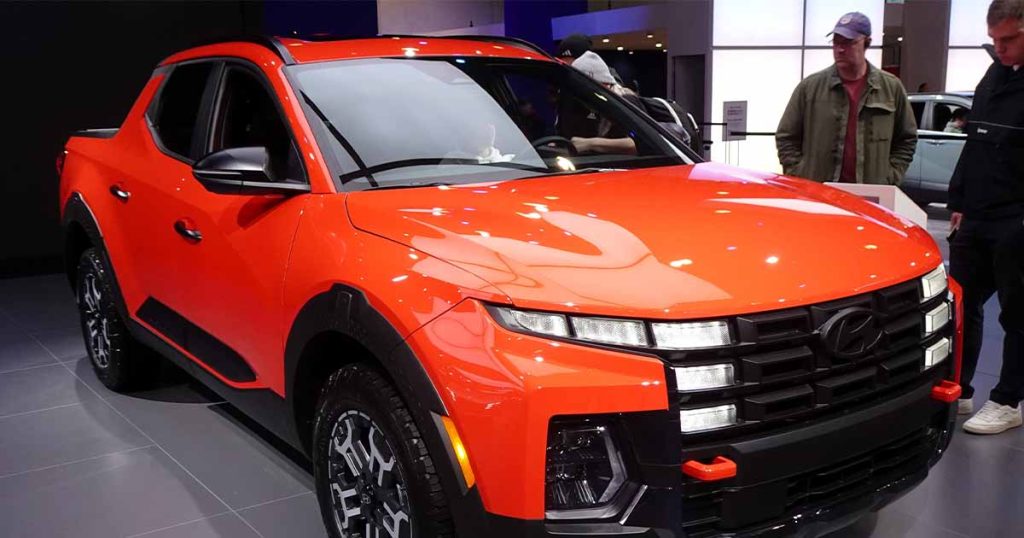
So, for a car buyer in 2025, Hyundai represents an intelligent investment combining an array of value choices with advanced tech and its promise of longevity on the road.
Hyundai’s expansive range has something for everyone, whether you want a fuel-sipping sedan like the Elantra, a practical hybrid SUV like the Tucson, or a cutting-edge electric vehicle like the Ionis 7. With impressive safety ratings, the brand puts the safety of drivers and passengers at the forefront of their engineering.
Along with its impressive safety offerings, Hyundai’s industry-leading warranty coverage and complimentary maintenance packages further enhance the ownership experience. A brilliant choice for 2025 buyers who want a well-rounded vehicle investment, Hyundai combines cutting-edge innovation with exceptional reliability.
Final Verdict: Should You Buy a Hyundai in 2025?
Renowned for providing tremendous bang for the buck while featuring some of the industry’s most modern technology, Hyundai has established itself as a serious global player. Its pioneering strategy towards electric and hybrid cars and a tilt to sustainability ensures that the company is ready for the future of driving.
The 2025 range consists of diverse vehicles to suit all tastes, from eco-friendly sedans to cutting-edge electric delivery vans, leaving nearly every sort of driver possessing a perfect Hyundai.
Moreover, Hyundai’s segment-leading warranty and customer care service make it highly appealing for value-seekers in the long run. Combined with high safety ratings, modern infotainment offerings, and a reputation for durability, Hyundai comes through as a smart buy for car shoppers in 2025. Hyundai is definitely a consideration if you’re looking for a reliable, well-equipped car at a great price.
<script type="application/ld+json">
{
"@context": "https://schema.org",
"@type": "BlogPosting",
"mainEntityOfPage": {
"@type": "WebPage",
"@id": "https://cardsinspired.com/is-hyundai-a-best-car-for-2025/"
},
"headline": "Is Hyundai a Best Car for 2025",
"image": [
"https://cardsinspired.com/wp-content/uploads/2025/04/Hyundai-a-Best-Car-1.jpg",
"https://cardsinspired.com/wp-content/uploads/2025/04/Hyundai-a-Best-Car-2-1024x538.jpg",
"https://cardsinspired.com/wp-content/uploads/2025/04/Hyundai-a-Best-Car-3-1024x538.jpg",
"https://cardsinspired.com/wp-content/uploads/2025/04/Hyundai-a-Best-Car-5-1024x538.jpg",
"https://cardsinspired.com/wp-content/uploads/2025/04/Hyundai-a-Best-Car-4.jpg"
],
"author": {
"@type": "Person",
"name": "cardsinspired.com",
"url": "https://cardsinspired.com/"
},
"publisher": {
"@type": "Organization",
"name": "cardsinspired.com",
"logo": {
"@type": "ImageObject",
"url": ""
}
},
"datePublished": ""
}
</script>